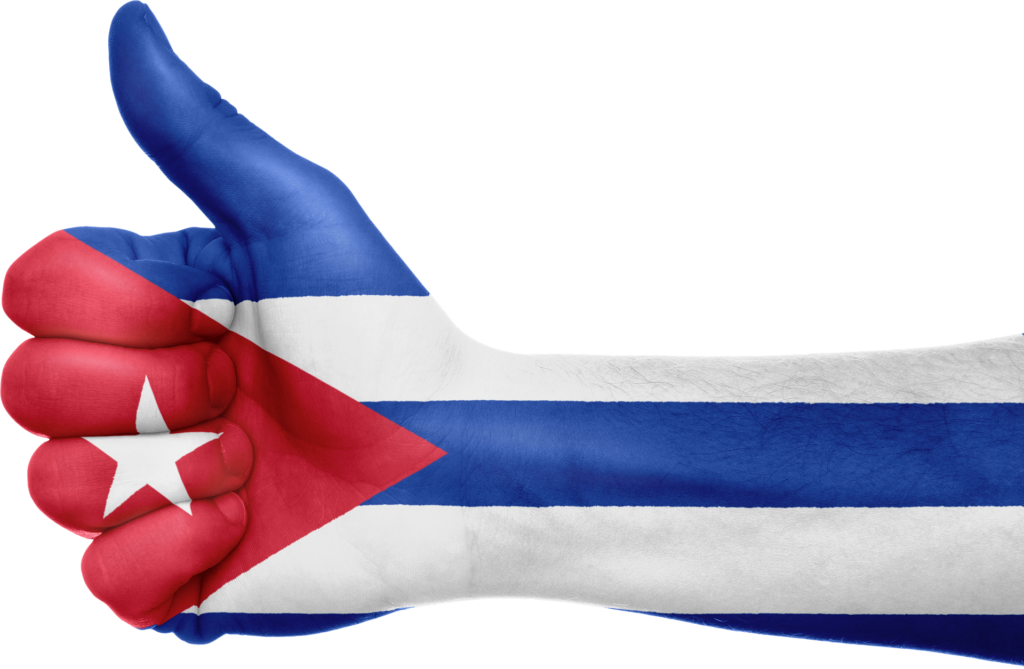The United States, for the very first time last week, abstained on a vote at the United Nations (U.N.) condemning the American embargo against Cuba. This resolution is perennially “used by Cuba and many others to castigate the United States,” according to The New York Times. While failing to condemn an oppressive communist regime and yielding to their attempts to bash the U.S. might not be a cause célèbre for most faithful believers, one ecumenical coalition claiming to represent 45 million American Christians explicitly celebrated the vote along with the Obama administration.
While the National Review called the vote an “abandonment of the people of Cuba, who are struggling, and suffering, for their freedom” against a communist regime, The New York Times reported that U.S. Ambassador to the U.N. Samantha Power “beamed” as she announced the decision. The National Council of Churches (NCC) joined Power in her glee.
“We receive this news with gratitude and celebrate with our counterpart, the Cuban Council of Churches,” NCC President and General Secretary Jim Winkler cheered in a statement on October 27. He also called for a complete end to the U.S. embargo against Cuba.
“The next step is for the US Congress to lift the blockade against Cuba,” the statement from the church council asserted. This uniquely placed the burden of action upon the U.S. Congress. Unmentioned was any call for the Cuban regime to cease arresting dissidents, free jailed journalists, or permit an expansion of religious liberty for the island nation’s Christian population.
The National Council of Churches (NCC), founded in 1950, asserts on its website that it remains a “leading force for shared ecumenical witness among Christians in the United States.” But who can blame most American Christians if they aren’t even aware of the NCC, much less consider them representative of their interests, not least because its asserted constituency has undoubtedly shrunk along with membership in Mainline Protestantism.
Indeed, the NCC has fallen fall since its founding. It has declined into a “virtual non-entity” over the course of the past several decades, according to Institute on Religion and Democracy (IRD) President Mark Tooley. As of September 2012, the NCC had been forced to cut its budget by nearly two thirds of its $6.8 million budget, just during the 2000s. It also underwent multiple rounds of layoffs.
“The NCC, which counts the United Methodist, Episcopal and Presbyterian (U.S.A.) churches among its members, once employed hundreds of staffers at its Manhattan headquarters,” IRD Communications Director Jeff Walton reported. “Today, the council has shrunk to a dozen fulltime and a handful of part time and contract employees with a budget of just under $3 million.”
Tooley noted that NCC’s long-term decline occurred as the council “radicalized theologically and politically,” beginning in the 1960s. “It became indifferent to the members of its own churches, and angrily anti-American,” he wrote.
Among the NCC’s most infamous anti-American initiatives involved providing support for pro-Marxist groups abroad, a stunning story which IRD helped expose. Yet the United Methodist Church (UMC) continued “lavishly propping up” the NCC for decades, which IRD’s United Methodist Director John Lomperis bemoaned in September 2013.
“For years, IRD has documented serious problems with the National Council of Churches (NCC), from our high-profile exposés of its funneling American offering-plate money to pro-Marxist groups during the Cold War to its more recent zeal for demonizing and opposing more conservative Christians to its ongoing exploitation of the names and resources of its affiliated churches to promote divisive, partisan political causes,” Lomperis wrote.
The NCC’s celebration of the Obama administration attempting to normalize relations with Cuba represented the continuation of promoting pro-Marxist antics over the course of many years. The true surprise remains that the NCC acts like most American Christians endorse its platform, when few even know that the organization still exists.
Below is complete text of the NCC’s statement:
NCC Welcomes US Abstention in Key UN Resolution on Cuba Signaling Normalization
The National Council of the Churches of Christ in the USA adds its voice to the chorus of those thanking President Obama and Ambassador Samantha Power for their action today in support of normalizing relations between the United States and Cuba. For the first time in 25 years, the US abstained on a U.N. resolution condemning the U.S. embargo against Cuba, a resolution that has been presented annually.
“This abstention is yet another signal that the United States is ready to normalize relations with Cuba,” said NCC President and General Secretary Jim Winkler. “We receive this news with gratitude and celebrate with our counterpart, the Cuban Council of Churches. The next step is for the US Congress to lift the blockade against Cuba.”
The NCC, along with the Cuban Council of Churches, has worked for decades to bring an end to the embargo. We join together in celebrating this symbolic, but important step that comes on the heels of the lowering of other trade restrictions. We continue to call on Congress to end the embargo which has lasted over half a century.
No comments yet




